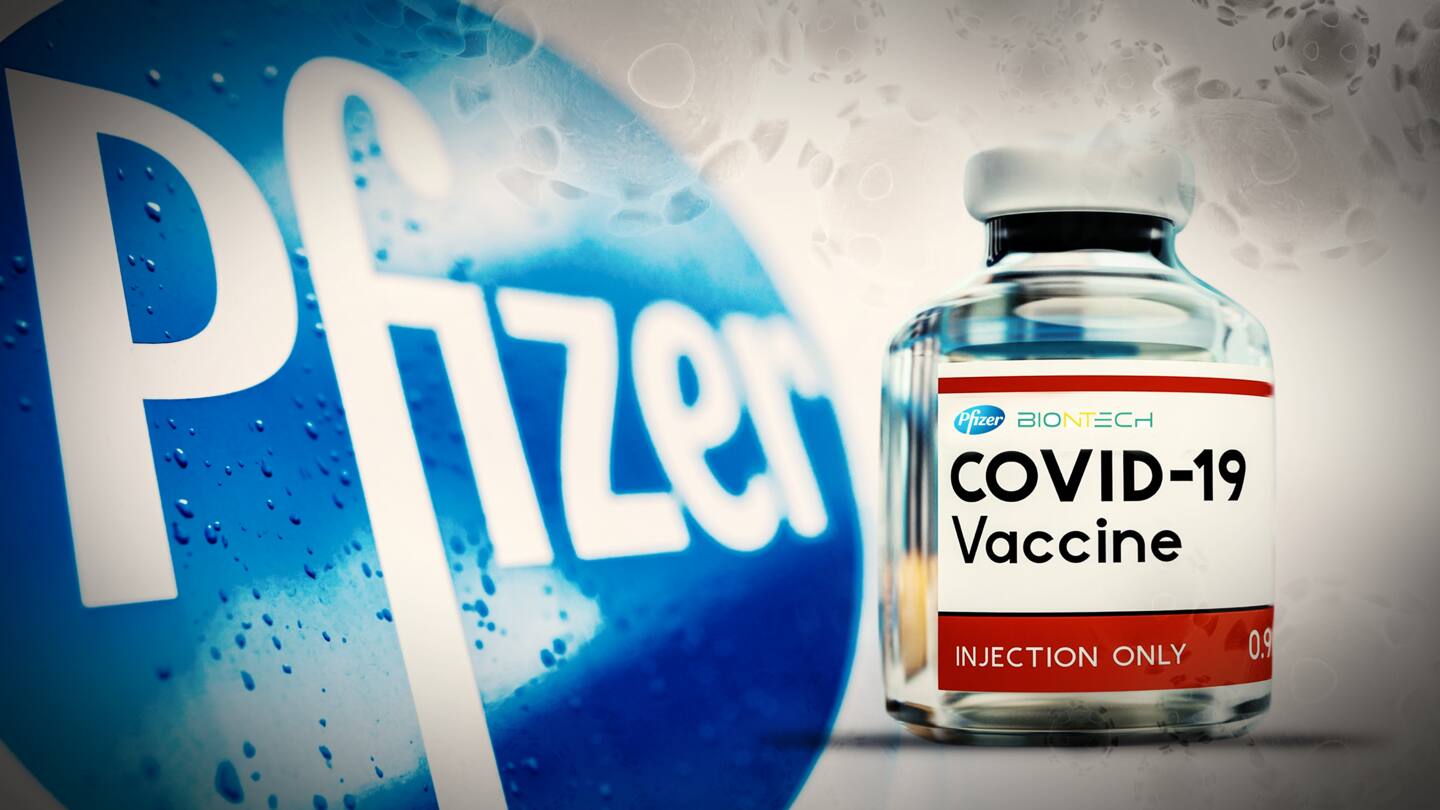
Pfizer, BioNTech begin clinical trial for Omicron-specific vaccine
What's the story
Pfizer and BioNTech have begin the clinical trial for a vaccine against the Omicron variant of coronavirus, the companies said on Tuesday.
The trial will test the shot for safety, tolerability, and the level of immune response it would trigger.
The companies could be ready to file for a regulatory approval of the vaccine by March, according to Pfizer CEO Albert Bourla.
Context
Why does this story matter?
The Pfizer's vaccine's trial data will be crucial in understanding the need for variant-specific vaccines.
Omicron, in particular, is the most highly infectious coronavirus strain so far and has triggered outbreaks in many countries around the world.
Several affected nations, however, are now showing signs of recovery from the latest wave.
COVID-19 has claimed the lives of over 50 lakh since the disease surfaced.
Trial
Trial involves 1,400+ adults
The trial for the Omicron-specific vaccine involves 1,420 healthy adults aged between 18 and 55 years.
It will be administered to the participants as a 30-microgram dose, the same as the existing Pfizer vaccine.
The Pfizer-BioNTech vaccine, which is based on messenger RNA technology, was notably the first COVID-19 shot to be authorized in the United States, in December 2020.
Details
Participants split into three groups
According to the companies, the participants are divided into three groups:
1) Those who have received two doses of the current Pfizer vaccine at least 90-180 days before the trial.
2) Those who have received three doses of the current Pfizer vaccine at least 90-180 days before the trial.
3) Those who have not received any coronavirus vaccine.
Quote
'We need to be prepared'
Pfizer's Kathrin Jansen said the company is acting out of caution.
"While current research and real-world data show that boosters continue to provide a high level of protection against severe disease and hospitalization with Omicron, we recognize the need to be prepared in the event this protection wanes over time and to potentially help address Omicron and new variants in the future," she stated.
Experts
Some experts opine against such shots
However, some experts argue that an Omicron-specific vaccine may become redundant by the time it is produced at a large scale.
They say drug makers should invest in developing vaccines that can target several different variants.
"What's really game-changing would be a universal coronavirus vaccine that targets a conserved area of all human coronaviruses," Amesh Adalja, an infectious disease specialist, said, according to FT.